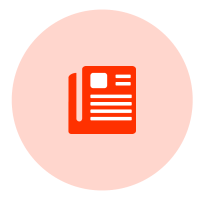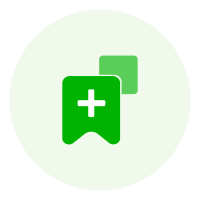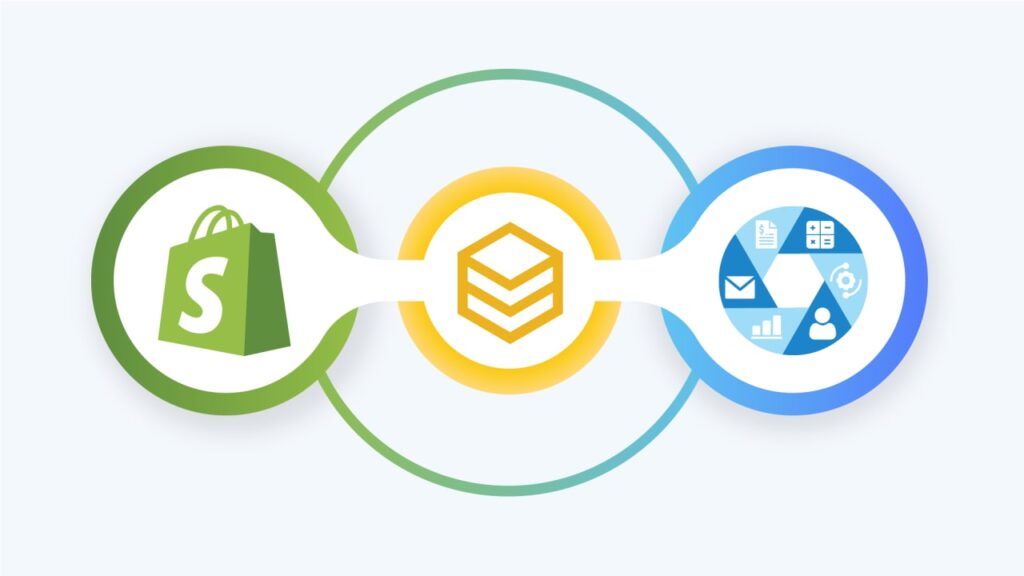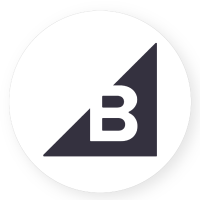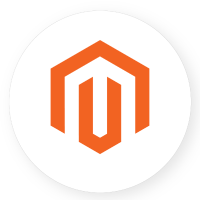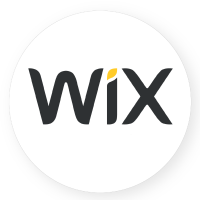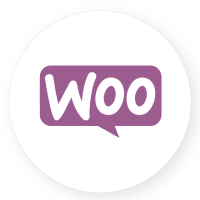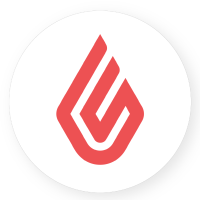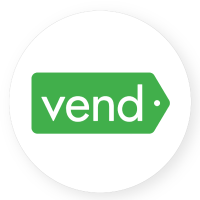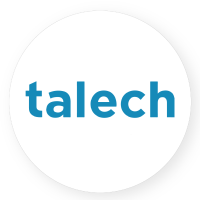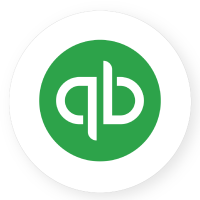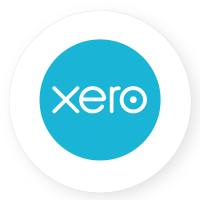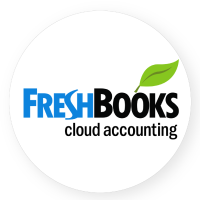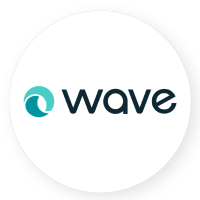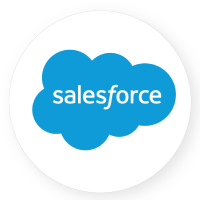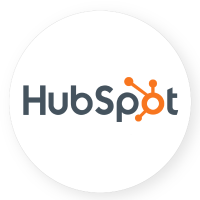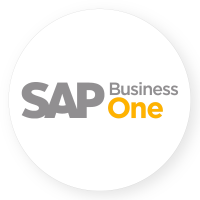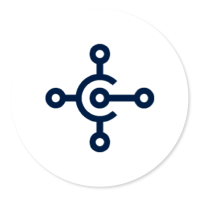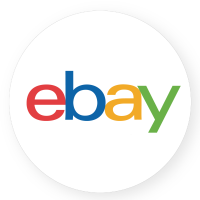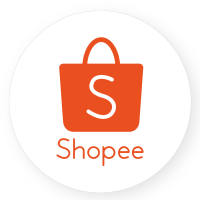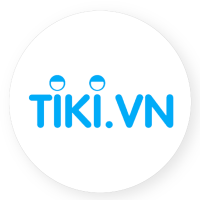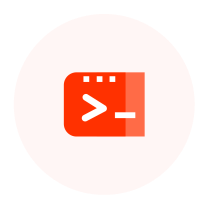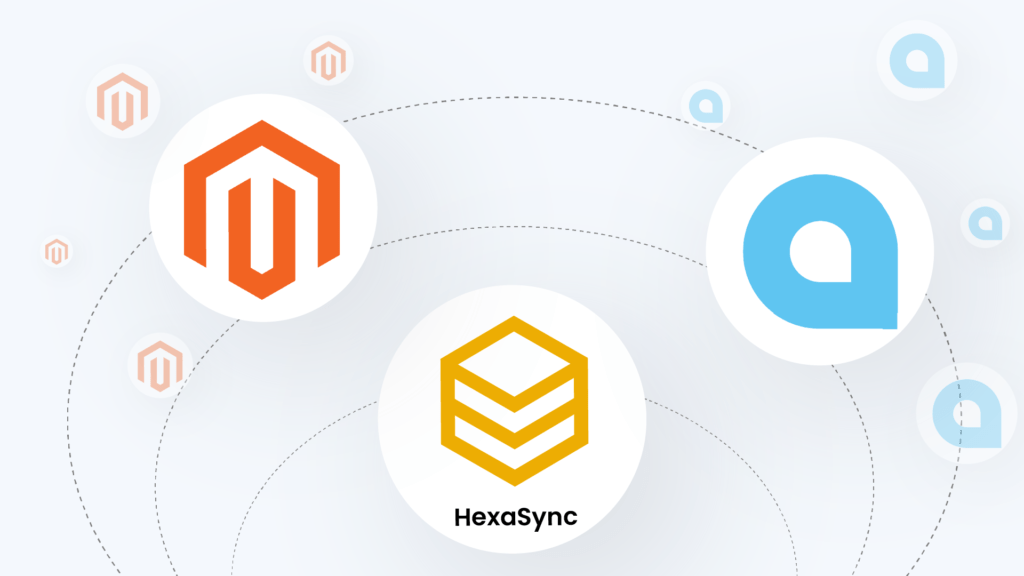Table of Contents
What is Cloud ERP?
Enterprise Resource Planning (ERP) is a system that automates all business processes and manages all business activities: marketing, sales, accounting, human resources, etc. ERP systems were first introduced on-premise: on the client’s servers. However, cloud ERP software was introduced in the 2000s, and it changed everything.
Cloud ERP is a type of enterprise resource planning software hosted in the cloud instead of in the enterprise’s databases. The software integrates some of the needed functions such as accounting, inventory and order management, human resources, customer relationship management (CRM), etc.
This ERP system also gives companies the freedom to use hardware, flexibility, and up-to-date functionality. Cloud ERP has not only smart and innovative solutions but also relatively new business models applicable to all types of companies.
More businesses nowadays choose solutions to standardize their most essential business processes. They want to increase efficiency and return on investment (ROI). As a result, global ERP systems are becoming the preferred solution for businesses of all sizes.
Selecting a software deployment model is just as important as choosing the correct ERP solution. For instance, here are some standard models to consider to assist you in making the proper decision:
- On-Premise ERP
- Cloud ERP
- Hybrid Cloud ERP
- Software as a Service (SaaS) ERP
For many businesses, each ERP method has its advantages and disadvantages. Selecting software as a service (SaaS) or cloud ERP may be a complex and challenging process for many businesses.
To find out which solution suits your business, match your requirements with what a particular solution offers. Thus, this article will take you to learn the pros and cons of the top 9 Cloud ERP software so you can better visualize them. After that, you can know which solution is for your business.

In addition, read more about Best SaaS ERP Software Solutions 2022
Infor M3

Infor M3 is a manufacturing and distribution ERP system that runs on the cloud. It uses the latest technology to give an excellent user experience and robust analytics in a multi-company, multicountry, and multisite platform.
Infor M3 also can help businesses quickly transition to the digital age, respond to change more rapidly, minimize excess inventory, and save money. Cloud, on-premises, and hybrid deployment options are all available.
Pros
- You won’t have to deal with significant upgrades because Infor maintains a single version of the software on the cloud.
- With significant scalability for resources and computing processing capacity, you can easily and effectively fulfill the changing needs of your business.
- M3 Cloud’s extremely fault-tolerant infrastructure, together with backup regimes, allows for a very low recovery point objective at an affordable price (RPO).
- Use M3 Cloud’s contemporary and secure tooling to facilitate third-party integrations, including standard and custom BODs and APIs.
Cons
- Do not manage structured sales organizations because the business structure has flaws.
- Configuration and deployment are not simple tasks. In order to deploy or simply update the program, a large number of consultants were required.
- It’s not straightforward to customize. It is also highly costly to develop.
Oracle Fusion Cloud

Oracle Fusion Cloud ERP is a cloud-based, end-to-end business management solution. It offers a suite of applications including material planning, financial accounting, and business intelligence.
Oracle’s accounting features include a strong business intelligence module to identify trends from business data, in addition to GL, analytics, and self-service reporting.
Pros
- User-friendly controls, cost-effectiveness, ease of access for end-users once in the cloud, and quick performance
- Its reporting capabilities have been upgraded, requiring less effort and skill to produce and empowering users with the analytics they choose
- It also easily integrates with all of our existing software and gives businesses a complete platform package to manage their business activities.
- Oracle Fusion Cloud ERP provides the most comprehensive accounting engine to handle a wide range of financial reporting requirements
Cons
- There aren’t many native connectivities to other Oracle Fusion Cloud ERP systems.
- Many features are not mentioned in Oracle’s online manuals. Users learn about it only after they use or explore it.
- When using Oracle ERP Cloud, navigation is a big challenge because the dashboard is so clumsy.
IFS Cloud

IFS is a cloud-based ERP system that helps businesses collect data and processes from various departments and locations. Enterprise Asset Management, Enterprise Project Management, and Service Management are all included in IFS
The IFS ERP system assists businesses in adapting to new technology and changing market conditions. It also offers end-to-end enterprise asset management to users.
Pros
- The IFS ERP system is user-friendly and packed with multiple features for players across different industries.
- IFS is one of the few ERP systems that includes HR and accounting modules.
- The live dashboard displays data on a single screen. So it can easily adjust.
- Because IFS is open-source software, it is very secure and safe.
Cons
- The relatively high cost is one of the cons of the software
- Users have had a hard time finding information about the software on the search engines
- Technical support needs improvement
SYSPRO

SYSPRO is an on-premise and cloud ERP software that focuses on inventory management, manufacturing operations management, order management, production management, and more for manufacturers and distributors.
In addition, its important features include lot traceability and serial tracking, sales analysis and optimal pricing, product information, and sales tax reporting.
Pros
- Third-party software integration through Business Objects allows achieving virtually any functionality and any desired level of automation.
- It allows for a great number of reporting options. The data can also be extracted to Excel or an Access database.
- Because we can customize the screens to each user’s specific needs or job requirements, personalization is essential to our process.
Cons
- The user interface is not intuitive.
- Don’t provide pre-printed forms such as purchase orders, sales orders, and invoices.
- Custom reports are difficult to pull and run without IT support.
Microsoft Dynamics GP

Microsoft Dynamics GP is an ERP software with accounting capabilities. It offers a number of customization packs as well as features suited to the demands of specific industries. GP is available as a subscription or a perpetual license.
Pros
- It’s extremely dependable, scalable, and feature-rich, and it’s widely supported by a wide range of add-on verticals and other solutions.
- This software is easy to function for daily accounting tasks.
- The worksheet is clear, understandable, and less complicated. So this software is suitable for a medium-sized business.
- The ability to run smart lists and specific queries drilling down to specific vendors and dates.
Cons
- The product is a bit expensive.
- The user interface is outdated and does not match what modern users want.
- Some features do not automatically come as part of the main package.
Priority Software

Priority ERP is a Cloud ERP software that offers commercial and manufacturing businesses real-time solutions. It offers many modules that help streamline the entire production process.
Priority’s cloud-based ERP systems are used by businesses in a wide variety of industries including manufacturing, retail, financial services, agriculture, and construction
Pros
- All screens can be customized such as creating tabs, hiding and renaming fields, making fields mandatory, etc.
- The web interface is easy to use and user-friendly.
- Licenses and consulting have a lower Total Cost of Ownership (TCO).
- Data can be directly exported from any form into Excel, and reports can be printed from the spreadsheet.
Cons
- Support calls could take up to a day to be resolved.
- In some cases, there is currently no robust implementation to manage complexity.
- Text boxes and remarks can be challenging to control consistently across the business.
Workday HCM

Workday HCM is a cloud-based all-in-one solution designed for midsize and large organizations with global employees. It combines all of the important HR functions into a single system, eliminating the need for businesses to purchase multiple software.
Workday HCM also automates manual tasks, allowing HR professionals to focus on strategy and other initiatives.
Pros
- The user interface is relatively simple, and the depth of information available is fantastic.
- Notifications for pending activities are available both in-app and via email.
- The definition of absence management is very clear.
- It is simple to navigate between different pages.
Cons
- Creating and merging custom security groups on the Workday client side is a difficult task.
- There is currently no seamless integration connecting services from an Applicant Tracking System to Workday.
Acumatica

Acumatica Cloud ERP is the most influential business management solution for transforming your business to survive in the new digital economy. Because it is equipped with cutting-edge technology, best-in-class company functionality, and customer-friendly business practices.
Integrated workflows span the entire business management application, from Finance, Project Accounting, and Inventory Management to CRM. Acumatica is developed on an open structure platform that allows for flexibility, ease of use, and quick integrations.
Pros
- The Acumatica Cloud ERP software has many applications for accounting, sales, projects, case, and client administration.
- On the Acumatica Marketplace, users can choose approved industry and business applications to build a solution that fits their needs.
- Customer service is available 24 hours a day, seven days a week, with two layers of assistance, including certified partners in local and regional markets.
Cons
- Limiting pages for users and restricting access is a pain
- The custom report modification tool needs more polish to it
- Accounting software has a short history to look back to.
Aptean Compiere

Compiere is a cloud-based ERP and CRM system for businesses, non-profits, and government organizations. It gives them tools to manage their finances and sales, as well as the ability to customize the solutions.
It also helps businesses satisfy their consumers, run more efficiently, and remain ahead of the competition by providing innovative, industry-driven enterprise application software.
Pros
- Compiere does not require a high investment because it is open source, and it may be improved by Java experts.
- The user interface is very friendly and simple to use.
- Third-party integration and easy customization.
Cons
- Compiere doesn’t have an inventory tracking system
- The GUI of the Compiere can have room for improvement.
ERP Implementation & Integration with Beehexa
All SaaS solutions mentioned above are effective, but they each have their own set of problems and advantages. Businesses have their unique objectives and needs, making it impossible to suggest one system to all.
As with any large project, you must take things one step at a time with an ERP implementation plan. Moreover, ERP implementation is the process of planning, configuring, and implementing an ERP system. This process will take several months because of its complexity in supporting and automating many different functions.
This implementation needs to be careful, divided into several stages, and have a clear direction. Additionally, organizations need to carefully define their requirements, determine how to redesign their processes, and rigorously test them before implementation.
The ERP implementation process is very complex. Besides its benefits, there are still many challenges in the implementation process that business owners need to overcome. It’s normal to worry about ERP implementation failure, but luckily, we – Beehexa are here to help you through the process every step of the way.
In addition to helping businesses with ERP implementation, we also provide an integrated solution for ERP: the hexaSync integration platform. Our platform, acting as middleware, will help your business automate its operations seamlessly by connecting perfectly to both your legacy systems and modern SaaS applications.
If you want to learn more about HexaSync – a great product for your ERP integration strategy, Please contact us immediately. So that we will provide advice and demos to guide you in using this product. We are happy to schedule a demonstration to help you in your ERP implementation process today.


